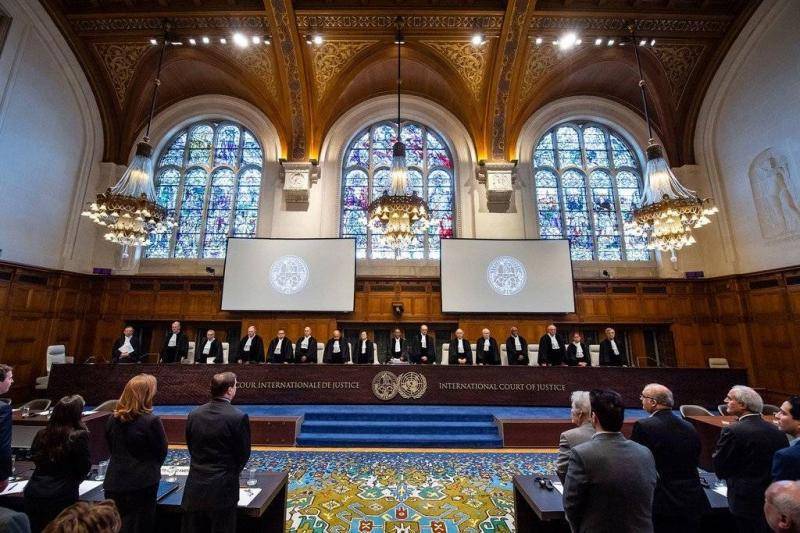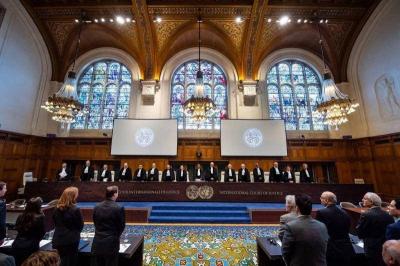Egypt urged, in a verbal plea to the International Court of Justice on Wednesday, the necessity of ending the "long-standing" Israeli occupation of Palestinian territories, accusing Israel of violating international law in the areas it has occupied since 1967. In 2022, the United Nations General Assembly requested the court, also known as the world court, to issue a non-binding opinion regarding the legal consequences of the occupation. The court began hearing arguments from more than 50 countries earlier this month, with sessions continuing until February 26.
The Egyptian Foreign Ministry stated that the Egyptian plea included "legal defenses and grounds to affirm the court's jurisdiction to provide an advisory opinion on this issue, and substantively to affirm the illegitimacy of Israel's systematic practices against the legitimate, inalienable rights of the Palestinian people." The International Court of Justice, composed of 15 judges, was asked to review the status of "occupation, settlement, and annexation (conducted by Israel), including measures aimed at changing the demographic composition, character, and status of the holy city of Jerusalem, and the adoption of related discriminatory legislations and measures."
The Egyptian statement emphasized "the principle of the illegitimacy of annexing land and acquiring territory by force, and rejecting Israel's practices of Judaizing Jerusalem, and condemning the violation of the Palestinian people's right to self-determination." Palestinian representatives on Monday called on the judges to declare the Israeli occupation of their lands illegal, stating that their opinion could assist in reaching a two-state solution.
The Egyptian Foreign Ministry further asserted, "Egypt emphasized that the jurisdiction of the International Court of Justice to provide advisory opinions is indispensable to support the objective of a two-state solution to establish the foundations of security and stability in the region, aiming for a just, comprehensive, and lasting solution to the Arab-Israeli conflict based on the provisions of international law."
Additionally, Egypt stressed "the necessity for the international community to commit to halting Israel's systematic violations of international law and to not recognize or reject any consequences arising from Israel's illegal practices in the occupied Palestinian territories, whether in the Gaza Strip or the West Bank, including East Jerusalem, involving settlement, displacement, land confiscation, and hindrance of the Palestinian people's right to self-determination and the establishment of their independent state."
On Tuesday, ten countries, including South Africa, condemned Israel's conduct in the occupied territories, with many urging the court to declare the occupation illegal. The United States, Russia, and France are to present their arguments on Wednesday. The recent wave of violence in the Gaza Strip, following attacks by the Palestinian Islamic Resistance Movement (Hamas) on October 7 against Israel, has complicated the deeply rooted conflict in the Middle East and has harmed efforts aimed at finding a path to peace.
Judges are expected to take about six months to issue their opinion related to the request, which also asks them to consider the legal status of the occupation and its implications for states. Israel did not participate in the hearings but submitted written observations. Israeli leaders have long asserted that the Palestinian territories were officially occupied, claiming that Israel seized them from Jordan and Egypt during the 1967 war, not from a sovereign state of Palestine.




